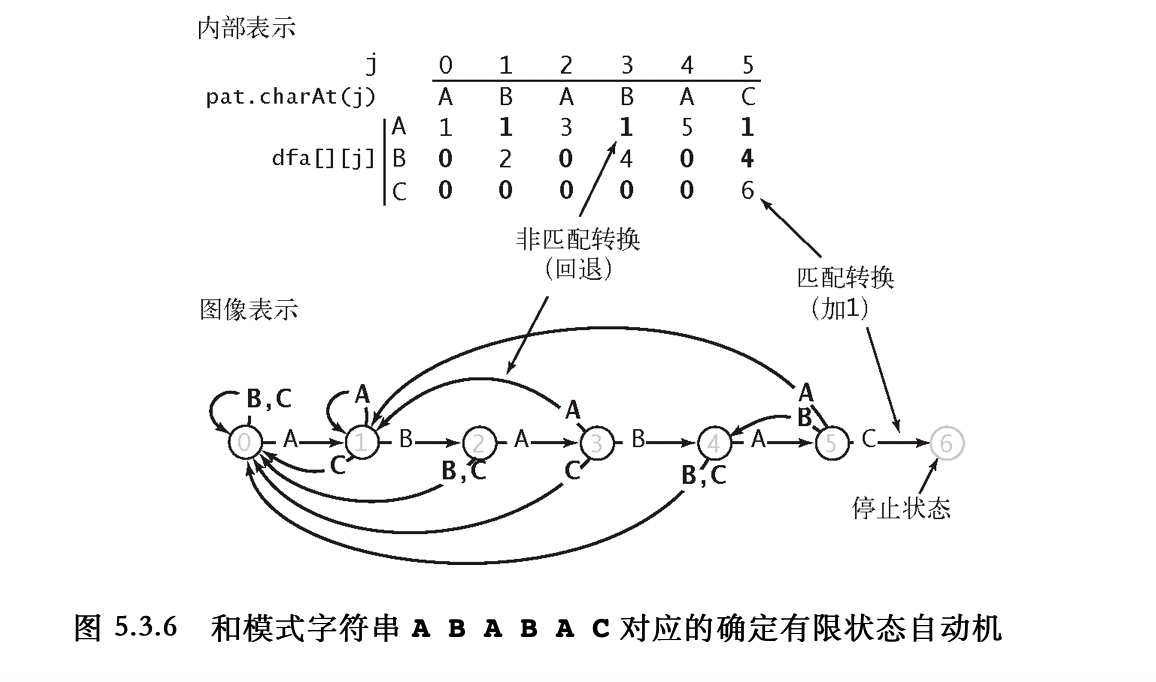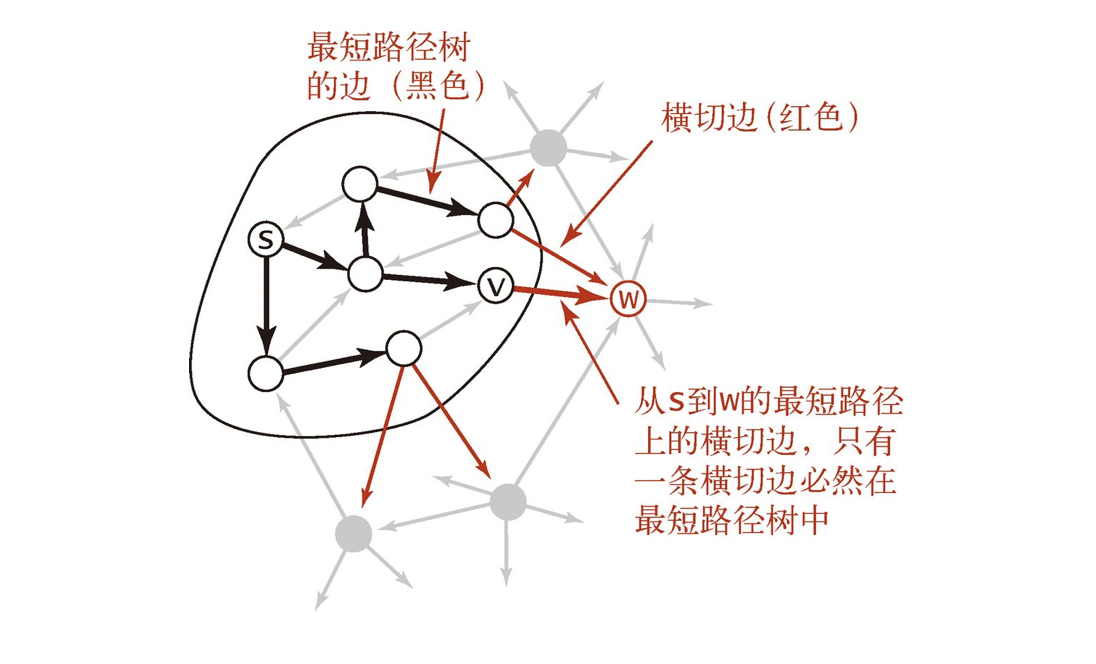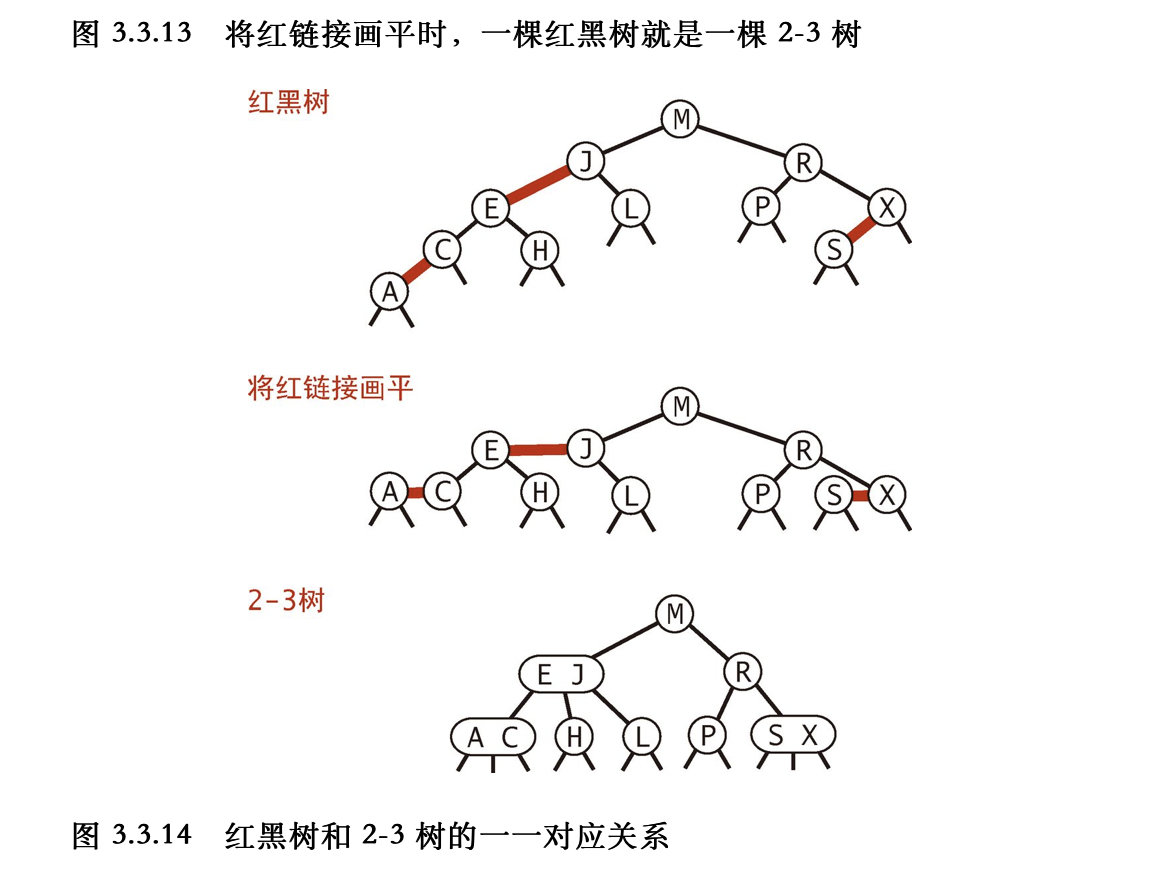1
2
3
4
5
6
7
8
9
10
11
12
13
14
15
16
17
18
19
20
21
22
23
24
25
26
27
28
29
30
31
32
33
34
35
36
37
38
39
40
41
42
43
44
45
46
47
48
49
50
51
52
53
54
55
56
57
58
59
60
61
62
63
64
65
66
67
68
69
70
71
72
73
74
75
76
77
78
79
80
81
82
83
84
85
86
87
88
89
90
91
92
93
94
95
96
97
98
99
100
101
102
103
104
105
106
107
108
109
110
111
112
113
114
115
116
117
118
119
120
121
122
123
124
125
126
127
128
129
130
131
132
133
134
135
136
137
138
139
140
141
142
143
144
145
146
147
148
149
150
151
152
153
154
155
156
157
158
159
160
161
162
163
164
165
166
167
168
169
170
171
172
173
174
175
176
177
178
179
180
181
182
183
184
185
|
// == enumerate permutation ==
/*
int LEFT[] = {4, 0, 2, 3, 5, 1};
int UP[] = {2, 1, 5, 0, 4, 3};
void rot(int *trans, int *A) {
int q[6];
memcpy(q, A, sizeof(q));
_for(i, 0, 6) A[i] = trans[q[i]];
}
void enumerate() {
int E[6] = {0, 1, 2, 3, 4, 5};
_for(i, 0, 6) {
int A[6];
memcpy(A, E, sizeof(E));
if(i == 0) rot(UP, A);
if(i == 1) {
rot(LEFT, A);
rot(UP, A);
}
if(i == 3) {
rot(UP, A);
rot(UP, A);
}
if(i == 4) {
rot(LEFT, A);
rot(LEFT, A);
rot(LEFT, A);
rot(UP, A);
}
if(i == 5) {
rot(LEFT, A);
rot(LEFT, A);
rot(UP, A);
}
_for(k, 0, 4) {
printf("{%d, %d, %d, %d, %d, %d},\n", A[0], A[1], A[2], A[3], A[4], A[5]);
rot(LEFT, A);
}
}
}
// == enumerate finsihed ==
int main() {
freopen("out.txt", "w", stdout);
enumerate();
}
*/
/*
{2, 1, 5, 0, 4, 3},
{2, 0, 1, 4, 5, 3},
{2, 4, 0, 5, 1, 3},
{2, 5, 4, 1, 0, 3},
{4, 2, 5, 0, 3, 1},
{5, 2, 1, 4, 3, 0},
{1, 2, 0, 5, 3, 4},
{0, 2, 4, 1, 3, 5},
{0, 1, 2, 3, 4, 5},
{4, 0, 2, 3, 5, 1},
{5, 4, 2, 3, 1, 0},
{1, 5, 2, 3, 0, 4},
{5, 1, 3, 2, 4, 0},
{1, 0, 3, 2, 5, 4},
{0, 4, 3, 2, 1, 5},
{4, 5, 3, 2, 0, 1},
{1, 3, 5, 0, 2, 4},
{0, 3, 1, 4, 2, 5},
{4, 3, 0, 5, 2, 1},
{5, 3, 4, 1, 2, 0},
{3, 4, 5, 0, 1, 2},
{3, 5, 1, 4, 0, 2},
{3, 1, 0, 5, 4, 2},
{3, 0, 4, 1, 5, 2},
*/
const int D[24][6] = {
{2, 1, 5, 0, 4, 3},
{2, 0, 1, 4, 5, 3},
{2, 4, 0, 5, 1, 3},
{2, 5, 4, 1, 0, 3},
{4, 2, 5, 0, 3, 1},
{5, 2, 1, 4, 3, 0},
{1, 2, 0, 5, 3, 4},
{0, 2, 4, 1, 3, 5},
{0, 1, 2, 3, 4, 5},
{4, 0, 2, 3, 5, 1},
{5, 4, 2, 3, 1, 0},
{1, 5, 2, 3, 0, 4},
{5, 1, 3, 2, 4, 0},
{1, 0, 3, 2, 5, 4},
{0, 4, 3, 2, 1, 5},
{4, 5, 3, 2, 0, 1},
{1, 3, 5, 0, 2, 4},
{0, 3, 1, 4, 2, 5},
{4, 3, 0, 5, 2, 1},
{5, 3, 4, 1, 2, 0},
{3, 4, 5, 0, 1, 2},
{3, 5, 1, 4, 0, 2},
{3, 1, 0, 5, 4, 2},
{3, 0, 4, 1, 5, 2}
};
// D[r[i]] get posture of ith cube
int n;
const int maxn = 4;
int ori[maxn][6];
int cube[maxn][6];
int r[maxn];
int ans;
vector<string> data;
void init() {
ans = n * 6;
data.clear();
Set(r, 0);
}
inline int getID(const char *name) {
string str(name);
_for(i, 0, data.size()) {
if(data[i] == str) return i;
}
data.push_back(str);
return data.size() - 1;
}
// == check ==
void inv(int ori[][6], const int cube[][6]) {
_for(i, 0, n) _for(j, 0, 6) {
int p = D[r[i]][j];
ori[i][p] = cube[i][j];
}
}
void check() {
inv(ori, cube);
int tot = 0;
_for(k, 0, 6) {
int Max = 0;
int cnt[maxn * 6];
Set(cnt, 0);
_for(i, 0, n) Max = max(Max, ++cnt[ori[i][k]]);
tot += n - Max;
}
ans = min(ans, tot);
}
// == check finished ==
// == dfs ==
void dfs(int d) {
if(d == n) check();
else {
_for(i, 0, 24) {
r[d] = i;
dfs(d + 1);
}
}
}
// == dfs finished ==
int main() {
freopen("input.txt", "r", stdin);
while (scanf("%d", &n) == 1 && n) {
init();
// get data of cubes
_for(i, 0, n) _for(j, 0, 6) {
char name[30];
scanf("%s", name);
cube[i][j] = getID(name);
}
dfs(1);
printf("%d\n", ans);
}
}
|









